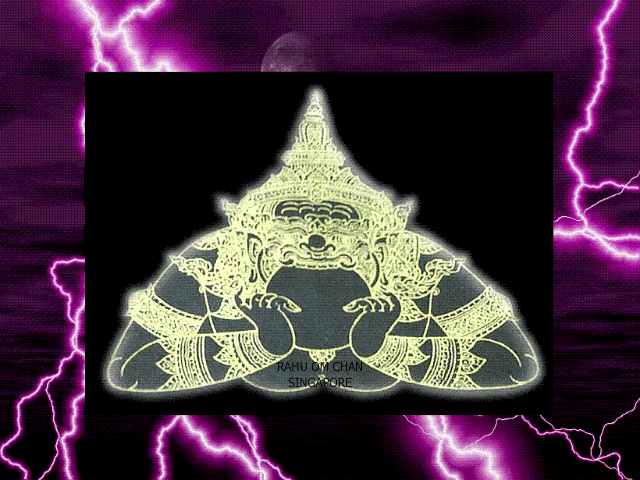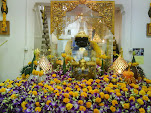清明节是一个纪念祖先的节日。主要的纪念仪式是扫墓,扫墓是慎终追远、敦亲睦族及行孝的具体表现,基于上述意义,清明节因此成为华人的重要节日。 清明节是在仲春与暮春之交,也就是冬至后的106天。扫墓活动通常是在清明节的前10天或后10天。有些籍贯人士的扫墓活动长达一个月。 清明祭扫坟茔是和丧葬礼俗有关的节俗。据载,古代“墓而不坟”,就是说只打墓坑,不筑坟丘,所以祭扫就不见于载籍。后来墓而且坟,祭扫之俗便有了依托。秦汉时代,墓祭已成为不可或缺的礼俗活动。
中 国 人 重 孝 道 , 讲 求 慎 终 追 远 , 表 现 於 行 动 上 的 便 是 祭 拜 祖 先 。 自 古 以 来 , 历 代 都 有 扫 墓 的 日 子 , 虽 然 日 期 不 一 , 但 大 约 都 在 清 明 前 后 , 因 为 清 明 正 是 寒 尽 春 来 , 万 物 复 苏 之 时 , 正 可 表 示 对 祖 先 的 崇 敬 。 清 明 节 结 合 了 人 们 对 祖 先 及 自 然 的 崇 拜 , 显 示 国 人 崇 尚 孝 道 的 美 德 , 但 是 在 今 日 社 会 中 , 除 了 扫 墓 及 祭 拜 以 外 , 遵 循 祖 先 的 教 诲 及 发 扬 祖 先 的 美 德 , 才 是 孝 道 的 更 具 体 表 现 。
Tomb Sweeping Day The Qingming Festival meaning Clear and Bright Festival, is a traditional Chinese festival on the 104th day after the winter solstice (or the 15th day from the Spring Equinox), usually occurring around April 5 of the Gregorian calendar Every leap year, Qing Ming is on April 4.
For the Chinese, it is a day to remember and honour one's ancestors at grave sites. Young and old pray before the ancestors, sweep the tombs and offer food, tea, wine, chopsticks, (joss) paper accessories, and/or libation to the ancestors. The rites are very important to most Chinese and especially farmers. Qingming itself was created by the Tang Emperor Xuanzong in 732.
It is said that because the wealthy held too many expensive, elaborate ancestor-worshipping ceremonies, in a needed effort to lower this expense, Emperor Xuanzong declared that respects could be formally paid at ancestor's graves only on Qingming.


No comments:
Post a Comment